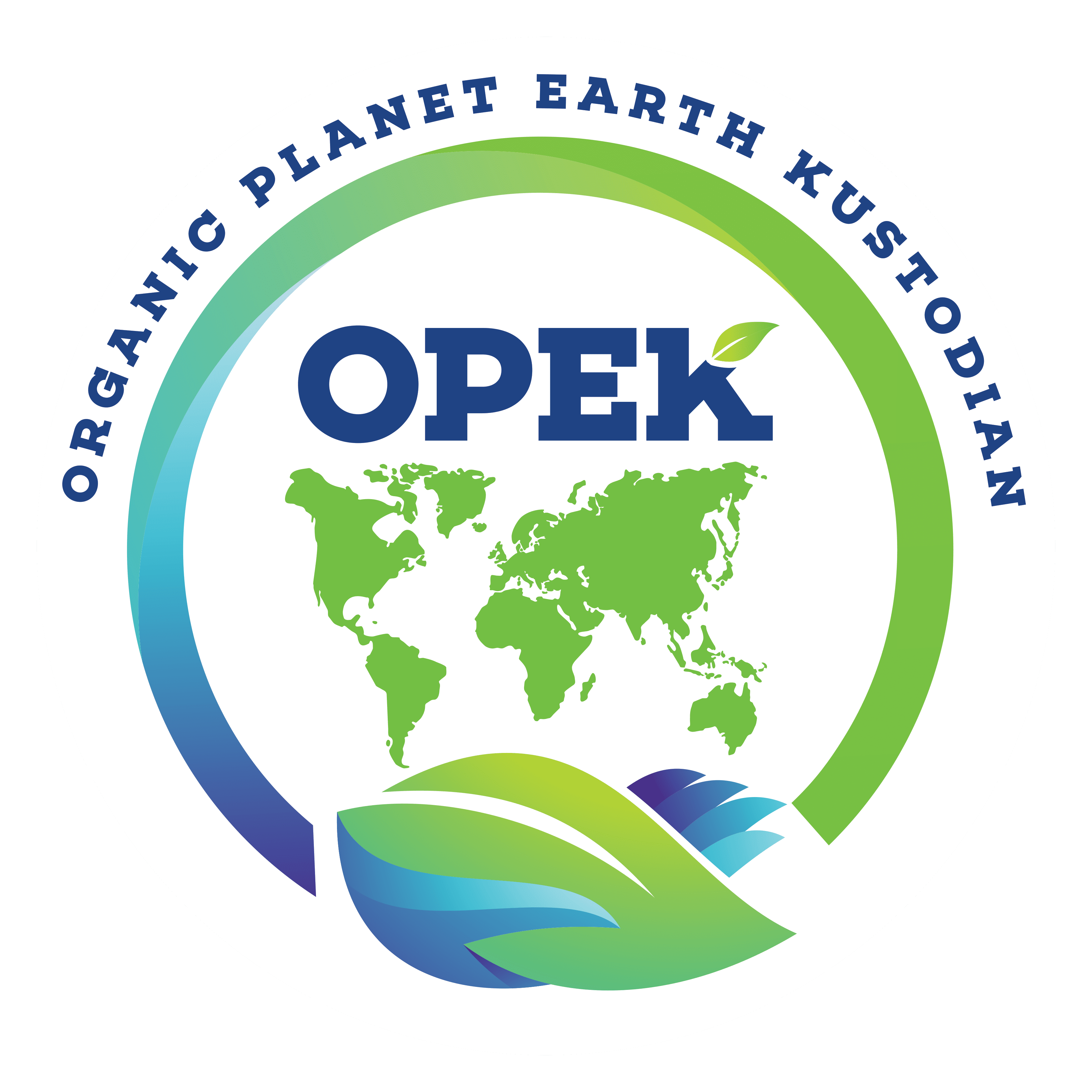Waste Management & Research: The Journal for a Sustainable Circular Economy
In addition, waste management challenges, sustainability design, and impacts on the circular economy in developing countries were regularly addressed. He also stated that he is interested in contributing to the development of waste management approaches in the new “smart city”, sustainability innovation and R & D, but is also open to new potential topics. (2019) In their contribution, they are working on the importance of optimizing the design of the concept of urban waste management using the latest solver algorithms, in this case route planning within the city. The author not only conducted a theoretical analysis in a case study city, but also embodied some relevant recommendations that policy makers and practitioners could use to improve the design of their collections.
In the same work area, Maalouf and ElFadel (2019) applied a life cycle assessment-based approach to assess the potential impact of integration into waste management systems and the most appropriate management method for case study systems. The authors conclude that such an approach can help develop a viable integrated waste management plan and provide important information that explains the strengths and weaknesses of the system being evaluated. The author specifically works on the restaurant case and wants to identify design options that help integrate and optimize food waste collection and recycling at these facilities. For this reason, we are pleased to continue to provide WM & R as the primary platform for presenting research results and analysis addressing important new issues and solutions in waste management.
References:
Bezama, A. and Agamuthu, P. (2019). Addressing the big issues in waste management. Waste Management & Research, 37(1_suppl), pp.1–3.


 by
by